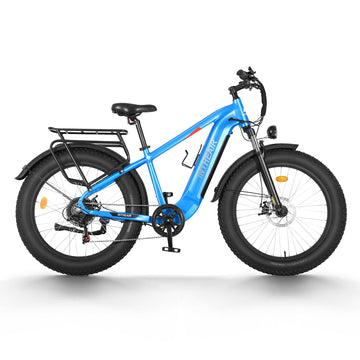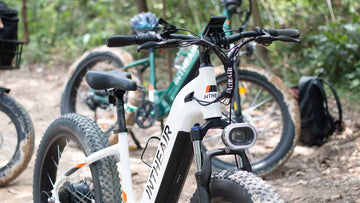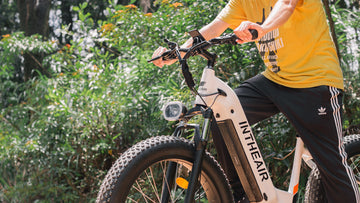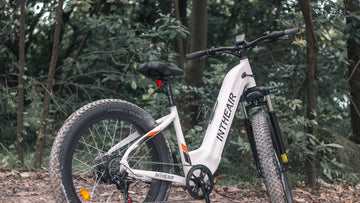Long Distance Cycling: Tips and Training Guide
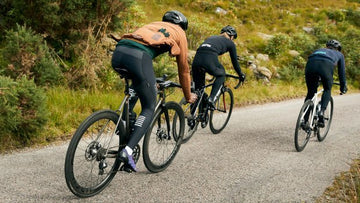
What is the purpose of departure, everyone has their own answer. For those who like to ride, arrange a long-distance trip for themselves and go out for a walk. Maybe they will encounter a different self and a different world at a certain corner.
So, what preparations do you need to do before planning a long ride? What common emergencies do you need to deal with on the road?
1. Plan a cycling route
First of all, you need to formulate a realistic destination based on your own riding ability and the direct relationship between vehicle weight and physical exertion.
The next step is to focus on the information about the route. The total distance of riding distance and how to allocate the time to formulate the daily riding journey are first and foremost. The factors that need to be considered are the riding distance under normal physical conditions, local road conditions, altitude changes, traffic conditions, and emergencies such as weather.
2. Selection of equipment
Which type of bike to choose? Because the riding distance is long and the span is large, the model that is really suitable for long distances should be a mountain bike.
If there is no load or only a small amount of load, in the face of more complex and diverse mixed roads, you can choose a flat-handle bike with a rear rack and a front shock absorber.
If the road conditions are bad and the load is heavy, a fat tire mountain bike is required, and tires with coarser tread particles can be used. The front fork needs to use dual shock absorbers.
Also, bring a helmet and gloves, a pannier bag, cold clothing, rain boots or shoe covers, sweat-wicking underwear, a face mask or bandana, and other riding gear.
3. Adequate physical preparation
If you are someone who doesn't normally ride a bike and suddenly decides to go on a long ride, the following advice may be very useful to you. Even if you are seasoned, don't overestimate your physical reserves. Before long-distance riding, it is recommended that cyclists carry out endurance training, that is, physical energy reserve, in the principle of "step by step", and at the same time improve the body's ability to recover from fatigue after continuous riding.
Insist on running in the morning to increase endurance, increase lung capacity by swimming, practice flexibility by pressing legs, and increase thigh circumference by skipping rope. All the work in the early stage is to make myself have a better state during the journey, instead of falling asleep every day when I reach the destination.
4. Water and food for energy
Bring some foods like compressed dry food, and then add calorie foods. Always keep a bottle of spare water in your bag, preferably pure water, so that you can wash the wound when you are accidentally injured. It’s easy to get hungry on long rides, and sometimes there are no restaurants or shops on long journeys, so pack these. Every time you arrive at a destination, you need to replenish equipment and food!
5. Commonly used drugs and Band-Aids
Cold medicine, muscle pain relievers, alcohol, Band-Aids, bandages/gauze. If you ride at high altitudes, it is necessary to carry medicines to relieve altitude sickness. High-altitude riding will be very tiring, and glucose powder can supplement nutrition.
6. Simple car repair tools
Tire repairs should be the most common situation encountered on the road. It is best to bring inflators, inner six wrenches, wrenches, inner and outer tires, tire levers, tire repair kits (film, glue, files), spare chains, etc.
7. Daily necessities
3 sets of clothes are enough, toothpaste, toothbrush, shampoo, bath, towels, paper towels, etc. In addition, sun protection is very important.
8. Be mentally prepared
After you set off, you may be smooth sailing, and you will find that your previous wild thoughts are superfluous, and what the senior said "just set off" is really the truth.
Of course, you may also encounter all kinds of problems, such as crashes, injuries, extreme exhaustion, homesickness, or perhaps a sore butt that makes you want to throw away the bike and hate yourself who decided to go. When you want to give up, think about why you set out. When your butt is in hell, maybe your eyes are in heaven. Isn't this the meaning

